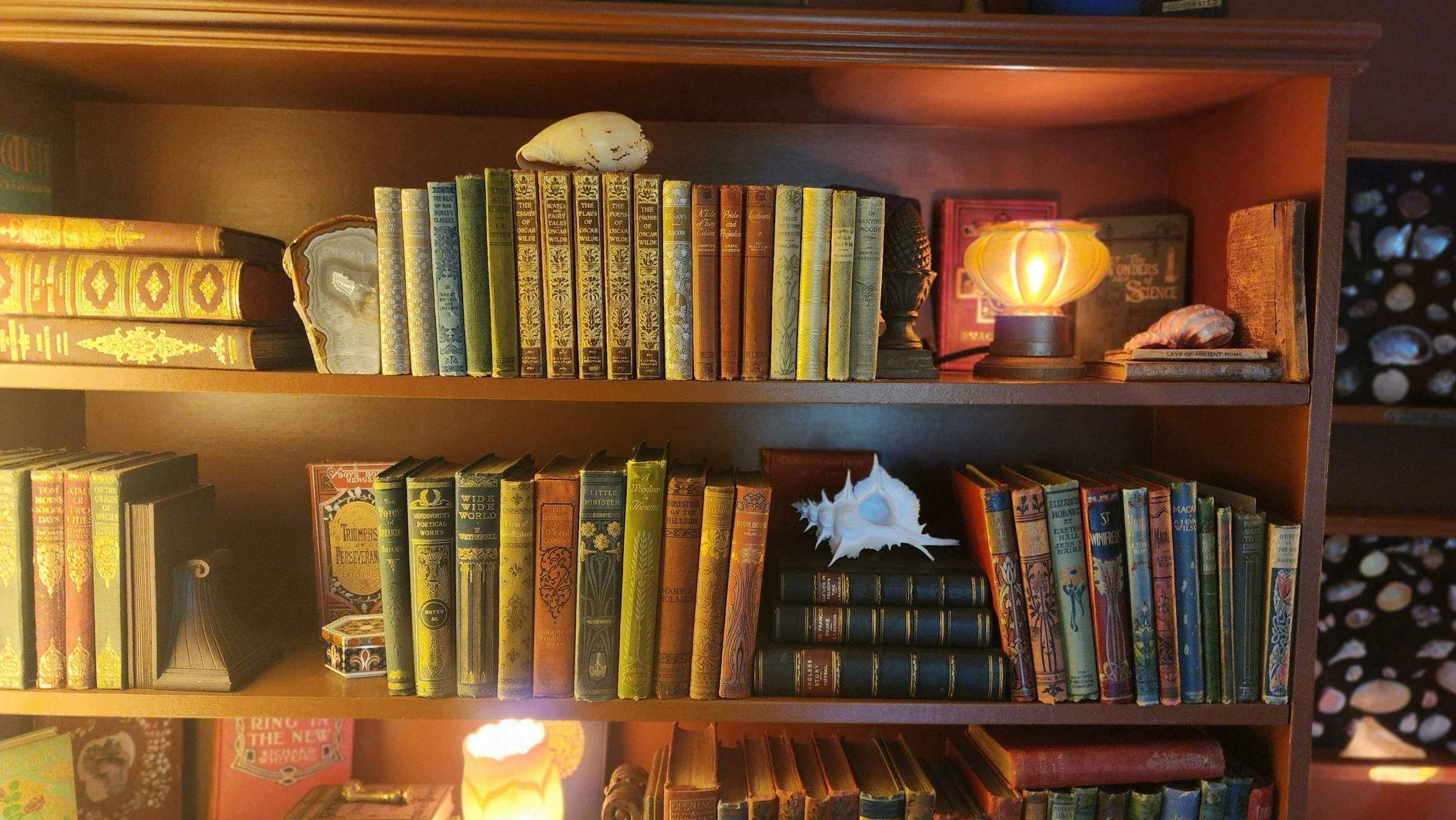Jake
We didn’t have neighborhood kids. No cul-de-sac bicycle gangs or sidewalk chalk armies. We lived on a farm, where the land stretched out like an unrolled map, and the trees belonged only to the wind. But we had Jake. And we had his doghouse.
Jake was a red and white border collie, all intelligence and instinct, with a noble, fox-like face and the gentlest eyes. He came to us because someone couldn’t keep him — but he was always ours, in the way some dogs just decide to belong to you. Bear, my mother’s dog from her twenties, was quieter, darker, steadier. They lived outside, but they were never far — from us or each other. The two of them moved through our childhood like watchmen.
Jake’s doghouse became our unofficial clubhouse. My brother and I would crawl inside, brushing past spiderwebs and cedar shavings, bringing in juice boxes or walkie-talkies or whatever treasures we could sneak past the screen door. It smelled like warm wood and dog — not bad, just lived-in, like something trustworthy.
Jake always let us in. He’d lie nearby, or curl his body around the opening like a guardian. Sometimes he’d crawl halfway in, too — just his big head resting across our legs, as if to say, you’re safe in here. He was never loud. Never rough. Just watchful. Just present. I don’t think I ever thanked him.
I was three years older than my brother, which meant I aged out of the doghouse days first and started spending more time inside, or up in my room, or somewhere else where my body and mind were stretching too fast for crawlspaces. But my brother carried on the ritual longer, and Jake stayed beside him.
Looking back now, it’s funny — that little structure meant for a dog became our first idea of shelter. Of freedom. Of safety that wasn’t adult-made, but kid-kept. We didn’t need a treehouse. We had fur and dirt and each other.
Jake could slip a collar like Houdini, and I remember multiple times my dad had to holler across the crick to the other field, “Jake! Get back here!” — and Jake would. Turning mid-stride, trotting back like he’d only just remembered he had somewhere more important to be.
He kept watch in the quiet hours of our childhood — when nothing big was happening, but everything was being shaped.
And now, whenever I see a doghouse, I think of secrets whispered into ears that could never tell. Of small bodies curled up beside bigger ones. Of the simplest kind of love — the kind that waits at the door, tail wagging, just to make sure you’re okay.






At Lady Elowen’s autumn lantern gathering, Lady Bergamot is drawn into a pairing with Yates Everett — and into a confrontation she has long avoided. Beneath flickering lights and half-truths, two hearts wrestle with the weight of what cannot be said.